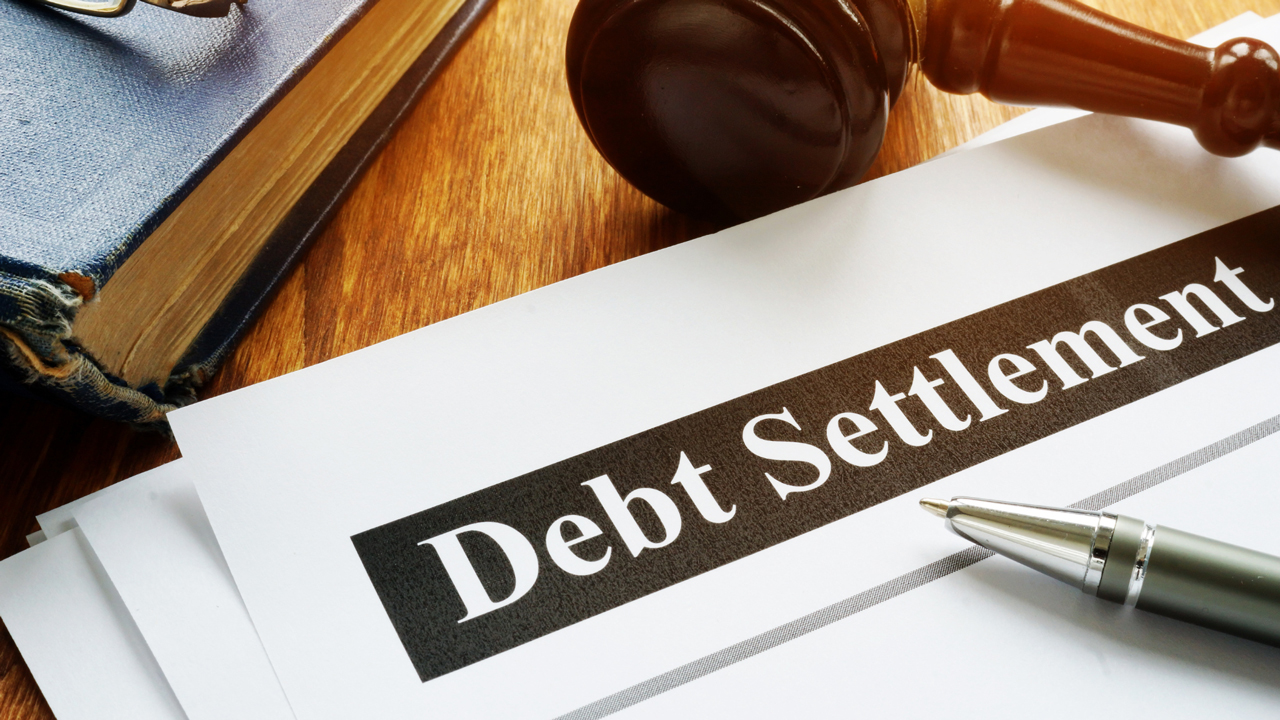Debt-Free Living: How to Say Goodbye to Credit Card Debt in Florida
 Living debt-free is a goal that many Floridians aspire to achieve, especially in a state where the allure of sun-soaked beaches and vibrant cities can sometimes be overshadowed by the burden of credit card debt. Whether you reside in Miami, Jacksonville, Tampa, or any other part of the Sunshine State, taking proactive steps towards eliminating credit card debt can pave the way to financial freedom and peace of mind. This guide explores effective strategies and practical tips to help you embark on the journey towards debt-free living in Florida.
Living debt-free is a goal that many Floridians aspire to achieve, especially in a state where the allure of sun-soaked beaches and vibrant cities can sometimes be overshadowed by the burden of credit card debt. Whether you reside in Miami, Jacksonville, Tampa, or any other part of the Sunshine State, taking proactive steps towards eliminating credit card debt can pave the way to financial freedom and peace of mind. This guide explores effective strategies and practical tips to help you embark on the journey towards debt-free living in Florida.
Assessing Your Current Financial Situation
The first step towards debt-free living is to assess your current financial situation:
- Compile a Detailed List of Debts: Gather information about all your credit card debts, including outstanding balances, interest rates, minimum payments, and due dates.
- Review Your Budget: Evaluate your income and expenses to identify areas where you can reduce spending and allocate more funds towards debt repayment.
- Check Your Credit Report: Obtain a copy of your credit report to verify debts and ensure accuracy. Monitoring your credit can also help you track progress as you work towards debt elimination.
Creating a Strategic Debt Repayment Plan
Once you have a clear understanding of your financial picture, create a strategic debt repayment plan tailored to your circumstances:
- Prioritize High-Interest Debts: Start by focusing on credit card debts with the highest interest rates. Paying off these balances first can save you money on interest payments over time.
- Utilize the Debt Snowball or Avalanche Method: Choose a debt repayment strategy that works best for you. The debt snowball method involves paying off the smallest debts first to build momentum, while the debt avalanche method focuses on tackling debts with the highest interest rates first.
- Set Realistic Goals: Establish achievable milestones and timelines for debt repayment. Celebrate each small victory along the way to stay motivated and committed to your financial goals.
- Consider Debt Consolidation: Explore options for consolidating multiple debts into a single loan or credit card with a lower interest rate. Debt consolidation can simplify payments and potentially reduce the overall cost of debt.
Practical Tips for Managing Credit Card Debt
In addition to a structured repayment plan, adopt these practical tips to manage credit card debt effectively:
- Live Within Your Means: Avoid unnecessary expenses and prioritize needs over wants. Adjust your lifestyle to fit your budget and resist the temptation to overspend.
- Use Cash or Debit Cards: Limit credit card usage to essential purchases. Using cash or debit cards can help you control spending and avoid accumulating new debt.
- Negotiate with Creditors: Reach out to your creditors to negotiate lower interest rates, reduced fees, or extended payment plans. Many creditors are willing to work with you to find a feasible repayment solution.
- Build an Emergency Fund: Save for unexpected expenses to avoid relying on credit cards during financial emergencies. Aim to set aside at least three to six months’ worth of living expenses in an easily accessible savings account.
- Seek Financial Counseling: Take advantage of free or low-cost financial counseling services offered by non-profit organizations. A certified credit counselor can provide personalized advice and guidance on managing debt.
Leveraging Florida-Specific Resources
Floridians have access to various resources and programs designed to support debt management and financial literacy:
- Florida Department of Financial Services (FLDFS): Visit the FLDFS website for educational materials, consumer protection resources, and access to financial experts who can provide guidance on debt management.
- Consumer Credit Counseling Services (CCCS): Organizations like Florida | Debt Consolidation FL offer credit counseling, debt management plans, and workshops to help individuals regain control of their finances.
- Legal Aid Services: Seek assistance from local legal aid organizations if you encounter debt collection issues or need advice on consumer rights and protections.
- Community Action Agencies: Community action agencies provide a range of services, including financial education and counseling, to help individuals and families achieve financial stability.
Maintaining Financial Discipline and Long-Term Success
Achieving debt-free living in Florida requires discipline, perseverance, and a commitment to long-term financial health:
- Track Your Progress: Regularly review your budget, debt repayment plan, and credit report to monitor progress towards your goals. Adjust your plan as needed to stay on track.
- Educate Yourself: Continue to educate yourself about personal finance and debt management strategies. Knowledge empowers you to make informed decisions and navigate financial challenges effectively.
- Celebrate Milestones: Celebrate each debt payoff milestone as a testament to your hard work and determination. Reward yourself without compromising your financial goals.
- Plan for the Future: Once you achieve debt-free status, maintain good financial habits by saving for retirement, investing wisely, and building a robust financial safety net.
Debt-free living is attainable for Floridians willing to take proactive steps towards managing and eliminating credit card debt. By assessing your financial situation, creating a strategic repayment plan, adopting practical tips for debt management, and leveraging Florida-specific resources, you can embark on a path towards financial freedom and security.
Remember, the journey to debt-free living requires commitment and perseverance. Stay focused on your goals, seek support when needed, and celebrate each milestone as you work towards a brighter financial future in the Sunshine State.

